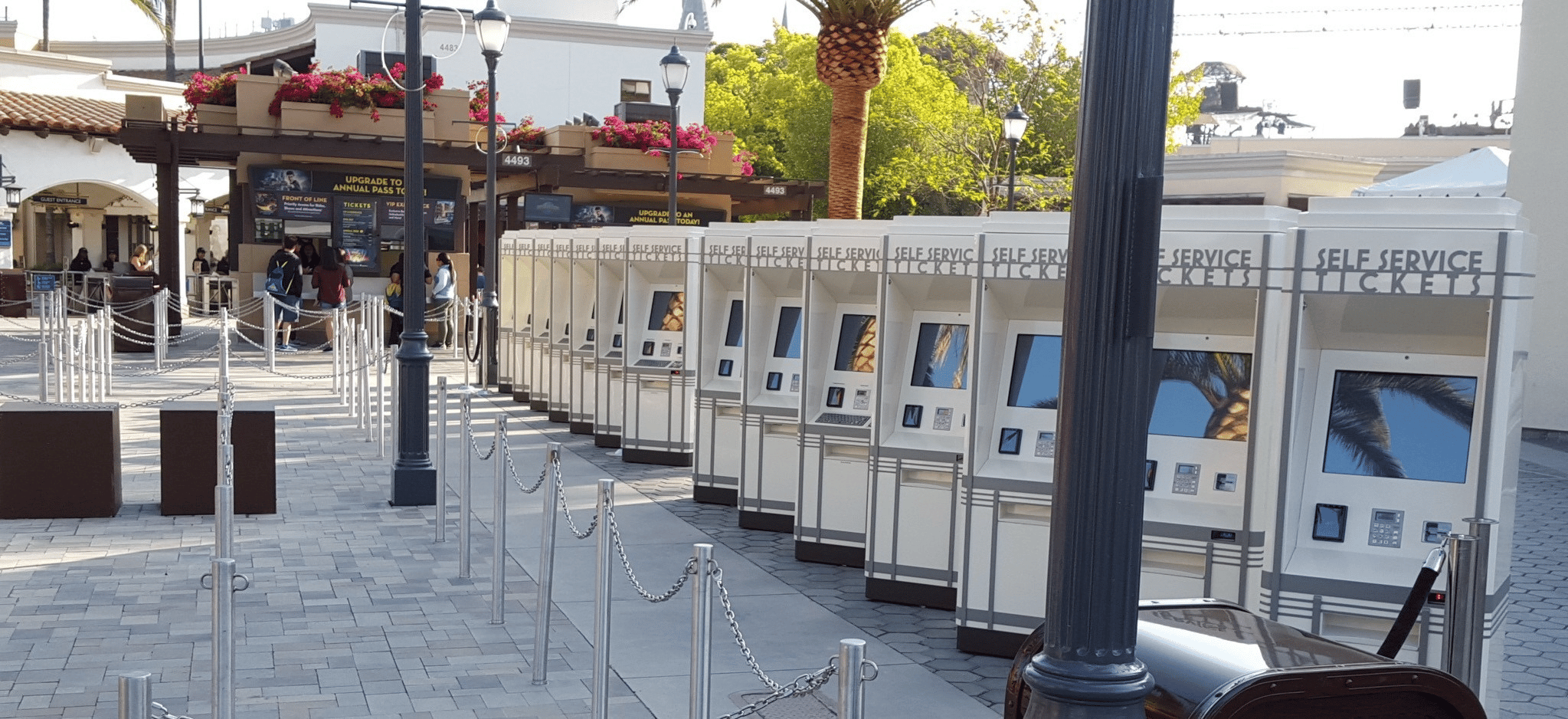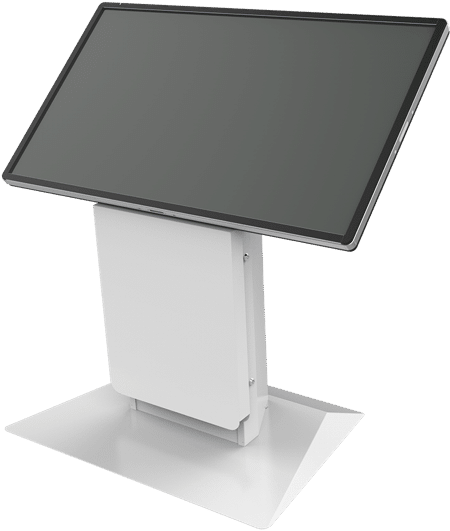Will a standard kiosk suit your organization, or do you need custom units? Here’s everything you need to know to understand the process.
Today, you will find kiosks everywhere. But that doesn’t mean they all look or even function the same. When it comes time to create your self-service kiosk solution, your company can choose from many options. Some look for something most cost-effective and chose something from our standard designs, and others decide they need something more unique to convey unique value to the users.
For projects that are more limited on budget and time, the best scenario is to look at one of our standard designs and find the model closest to the desired solution. If a client wants to change something on one of these standard models, it can be done, however, it becomes a modified standard design.
Modified standard designs frequently involve any of the following:
- An alternative printer
- A different payment device
- Adding an ADA device
- Changing out the PC
- Using a different monitor
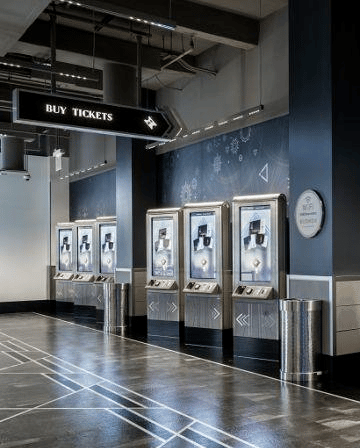
And while all of these things seem rather trivial in terms of swapping one printer or payment device for another, all devices have a different form and fit. And each kiosk has only a limited amount of space inside the enclosure.
If the universal model does not currently support the configuration the client is requesting, it must go through an engineering process to ensure those changes can, in fact, physically be made. While it might seem easy to determine if the parts will physically fit, they still have to be secured within the enclosure which can also require brackets, bolts, mounting holes, etc.
The engineering process is also necessary to ensure that all of those changes are accurately documented. Designs need to be updated, manufacturing and welding drawings, assembly, paint, and inspection documentation should all be updated to assist manufacturing and support at scale. It all requires documentation for traceability to ensure that if a unit in the field requires warranty support, that assistance can be delivered effectively and efficiently.
Let’s explore some kiosk modification scenarios:
- Client wants to add a PC.
When looking at a standard model, the client notices there is enough extra space to add a PC. Instead of paying for engineering, they want to just put it in themselves. What could go wrong? Short answer—a lot.
Just because it looks like there is room for an additional device doesn’t mean it will function correctly. First, it could impede the kiosk’s cooling system. If the unit overheats, it will shut down prematurely, causing unnecessary downtime. Furthermore, without the correct mounting, the added computer may not be completely secure, and it could fall out or affect the device’s center of gravity. An engineering team will prevent these issues from arising. They will adjust the design to ensure the kiosk can support the added PC.
- Client wants to change the printer.
Clients often want to add or change the printer on a standard design. Since many base models already support printers, they don’t want to go through engineering. Is this a good decision? Once again, many things could go wrong.
A large number of printers can technically go inside any kiosk, but they are all different shapes and sizes. Even how they print can affect how the machine ultimately works. And there’s nothing worse than dealing with constant paper jams because you chose to forego engineering.
Engineering will ensure the desired printer is a perfect fit for the kiosk. Doors will close securely, and paper slots won’t jam. While these changes seem small, they will increase functionality tremendously.
- Client uses a different payment device.
The ability to accept payment is a huge allure of kiosks. However, not every organization utilizes the same credit card processor. Can they change the payment device without going through engineering? While it may be possible, it’s not ideal.
Payment processors are critical to your organization’s success. There’s nothing more frustrating to the user than going through the entire process only to have the payment device fail. And that’s more likely to occur if the kiosk wasn’t modified to work with the intended device.
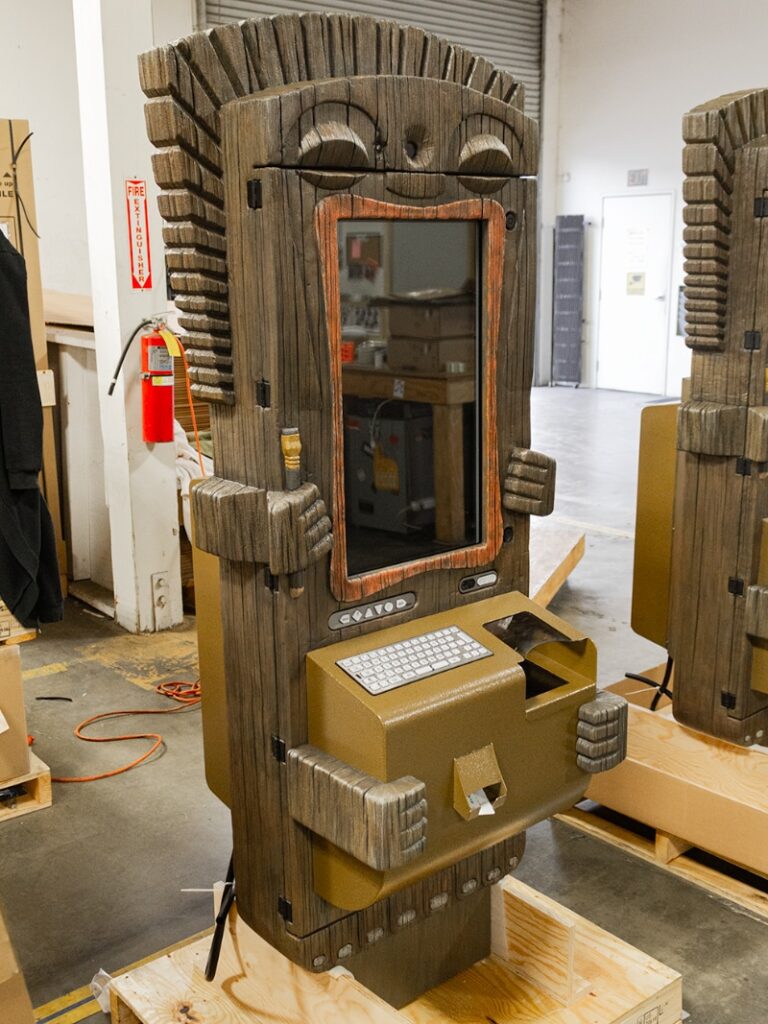
Engineers will make sure the payment device can be mounted properly to ensure that it works correctly. That might mean adding a way to awaken it from sleep mode via software. It could also require installing mounts or brackets to ensure the device is secure.
Why Is There a Charge for Engineering?
Engineering is a vital part of designing and building kiosks at scale. It’s also extremely time-consuming and requires a great deal of specialized knowledge that our organization has accumulated over many years. It can take as little as a few hours or as much as days or even weeks from concept to completion. And the more complex the modifications, the more time the project will spend in engineering. We charge for engineering because we want to ensure you’re just as committed to the project as we are. We view our clients as partners and look to do business with these partners for many years. With the advances in technology, this sometimes means that they have several versions of kiosks deployed across their business and all of those kiosks need to be supported to ensure a quality experience for the end-user.
Our ideal clients see kiosks delivering a critical piece of value in their business and because the kiosks are critical to their success, they are willing to invest in securing a kiosk solution that can be delivered and supported at scale for years to come.
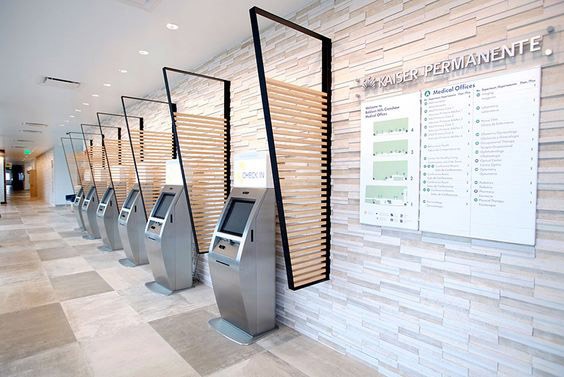
The cost of engineering is well worth it. Our clients get the specific solution they were looking for. When the project goes through engineering, it means there is thorough documentation around every step and part that goes into the kiosk. Paying for those engineering modifications up-front results in saved operational costs on the back-end.
Achieve a Successful Custom Kiosk Deployment with Olea
It’s easy to see why engineering is a valuable part of the custom kiosk design process. There are many variables that come into play. Letting skilled engineers handle these scenarios will guarantee successful, streamlined kiosk deployment across your entire organization.
At Olea, we pride ourselves on providing our clients with premium kiosk offerings. Whether you like one of our standard models or prefer a modified configuration, or a full custom solution, we can help you select a design that will provide you with the most long-term value. With over 40 years of industry experience and more than 40,000 kiosks deployed, you can trust us to deliver products that truly revolutionize the self-service experience. Want to discuss kiosk options? Get in touch to start the conversation.

